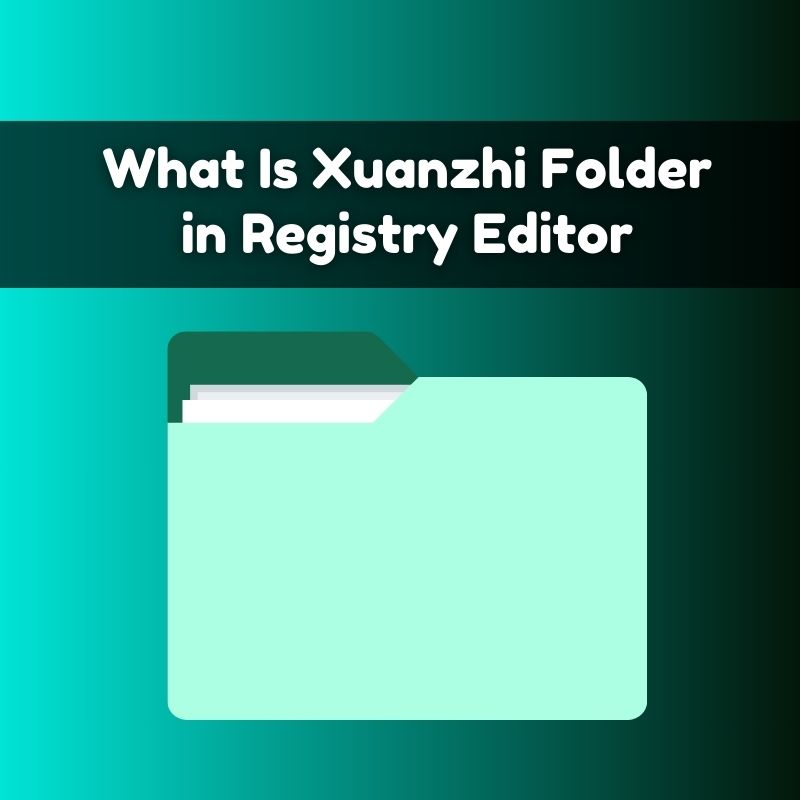by Perry

The “Xuanzhi” folder in the Windows Registry Editor is associated with a potentially unwanted program (PUP) or malware. It is not a standard part of Windows or legitimate software. Here’s what you need to know about it:
What is Xuanzhi?
- Xuanzhi is often related to malicious software, adware, or potentially unwanted programs (PUPs) that might be installed on your system without your explicit consent.
- It may install itself through bundled software downloads or other deceptive practices.
Potential Issues
- Adware: Xuanzhi-related software can cause unwanted advertisements, slow down your system, or redirect your browser.
- Security Risks: It may pose security risks by potentially installing other malicious components or collecting personal information.
How to Address Xuanzhi
- Scan for Malware:
- Use reputable antivirus or anti-malware software to perform a full system scan. Tools like Malwarebytes, Windows Defender, or other trusted security programs can help identify and remove threats associated with Xuanzhi.
- Manually Remove Xuanzhi:
- Registry Editor: You can access the Registry Editor by typing
regeditin the Start menu search box and pressing Enter. Navigate to the suspected Xuanzhi registry keys and carefully delete them. Be cautious with this approach as incorrect changes to the registry can affect system stability. - File System: Check for Xuanzhi-related files or folders in common directories such as
Program Files,AppData, orTempand delete them if found.
- Registry Editor: You can access the Registry Editor by typing
- Uninstall Suspicious Programs:
- Go to Settings > Apps > Apps & features and look for any unfamiliar or suspicious programs that might be related to Xuanzhi. Uninstall them if found.
- Reset Browser Settings:
- If you experience browser issues, resetting your browser settings or clearing browser data can help remove unwanted extensions or configurations associated with Xuanzhi.
- Use Removal Tools:
- Some specialized tools can help remove persistent malware or PUPs. Research and use reputable tools designed for malware removal.
Preventive Measures
- Download Software from Trusted Sources: Avoid downloading software from unofficial or suspicious sources.
- Be Cautious with Bundled Software: Carefully review installation options and avoid installing additional programs that you do not recognize or need.
- Keep Software Updated: Ensure your operating system, antivirus software, and other applications are up-to-date to protect against vulnerabilities.
If you are unsure about removing Xuanzhi or making changes to the registry, consider seeking assistance from a professional to avoid unintended consequences.
